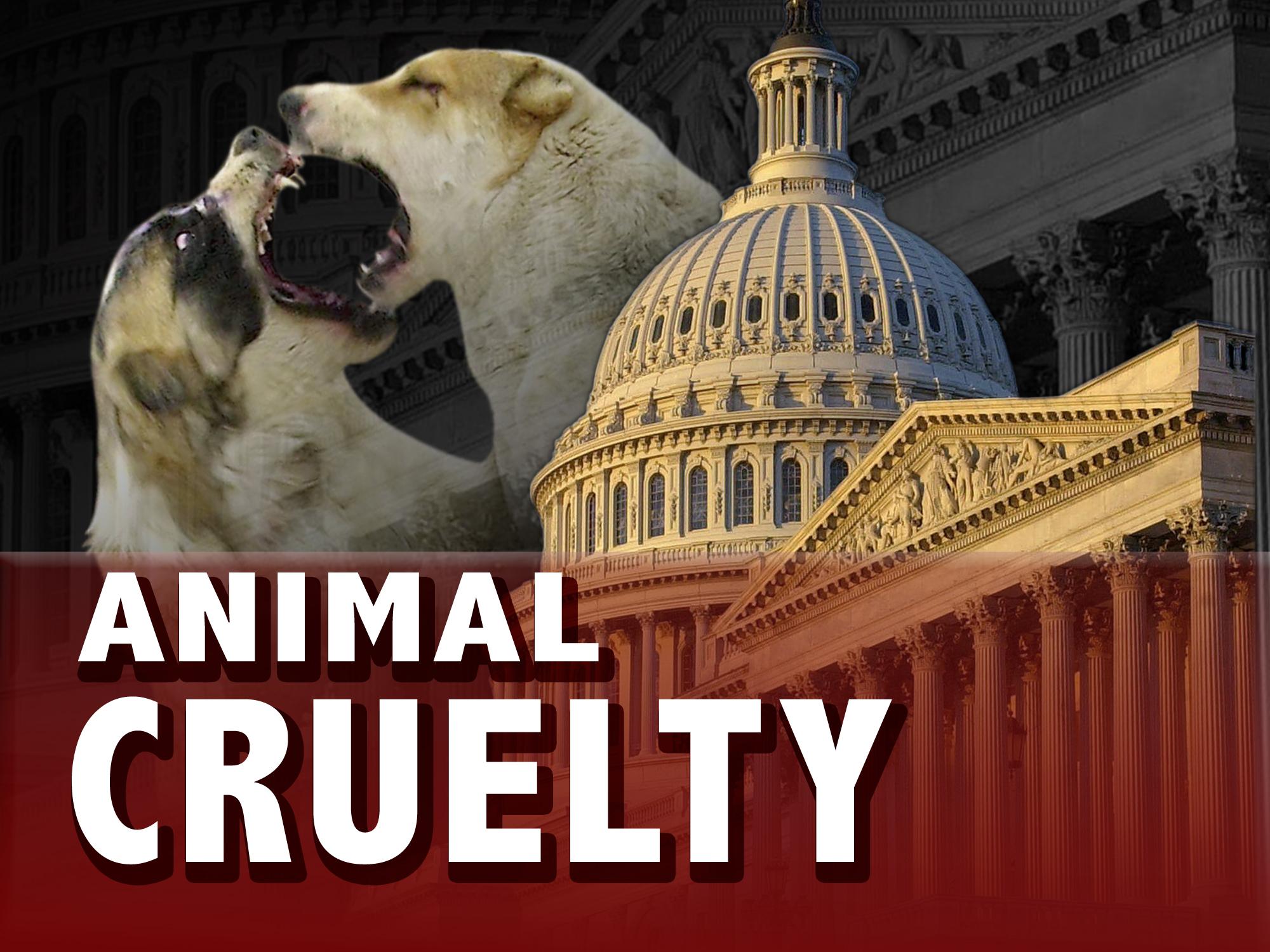In the United States, the abhorrent act of animal cruelty has sparked significant discourse among lawmakers, advocacy groups, and the general populace. As societal sensibilities evolve, so too does the landscape of legal protections afforded to our non-human companions. Central to this dialogue is the query: Is animal cruelty a federal felony in the United States?
At the outset, it is imperative to clarify that the legal framework surrounding animal cruelty primarily resides at the state level. Each state has its own laws addressing various forms of animal cruelty, with penalties that differ dramatically based on jurisdiction. Most states categorize animal cruelty as a misdemeanor; however, in more egregious circumstances, it can escalate to a felony level. These categorizations often reflect the severity of the act—whether it involves extreme harm, neglect, or intentional abuse.
While state laws provide a patchwork of regulations, the hope for unifying federal legislation emerged prominently with the enactment of the Animal Welfare Act (AWA) in 1966. This seminal piece of legislation set the stage for the federal protection of animals used in research and commercial endeavors. However, the AWA falls short of establishing a definitive federal definition for animal cruelty as a felony, focusing instead on regulating humane care standards.
In more recent years, the bipartisan support for federal intervention materialized in the form of the Animal Crush Video Prohibition Act and the Preventing Animal Cruelty and Torture (PACT) Act. The PACT Act, enacted in 2019, represents a crucial shift in perception, rendering animal cruelty a federal felony when it pertains to specific acts of cruelty that involve interstate or foreign commerce, or in cases where the crime is committed on federal property. This pivotal regulation stipulates severe penalties—a maximum of seven years in prison—for those who engage in reprehensible acts such as killing, maiming, or torturing animals. Notably, it reflects a growing consensus that cruelty cannot be tolerated, regardless of geographic boundaries.
Yet, ambiguity remains. The PACT Act addresses specific scenarios but does not encapsulate the broader tapestry of all forms of animal cruelty. The absence of a universal federal definition invites scrutiny and debate. Critics argue that these laws are reactive rather than proactive, responding only to particular abhorrent acts while neglecting systematic issues, such as the pervasive neglect of pets in domestic settings. They assert that comprehensive federal legislation is necessary to eliminate the gaps in protection, particularly for vulnerable animals who suffer in silence.
Moreover, some advocates posit that public sentiment regarding animal rights is further inflected by cultural, ethical, and psychological dimensions. The fascination with animals, from childhood imaginations filled with anthropomorphic creatures to the deep-seated bonds shared between humans and their animal companions, influences our legislative landscape. Observing how societies treat animals can reveal deeper insights into a culture’s moral compass. This perspective underscores the necessity of robust legal frameworks protecting animals, suggesting that the treatment of these beings is intrinsically linked to broader societal values.
The legal categorizations of animal cruelty must also be examined through the prisms of enforcement and prosecution. Even with laws on the books, enforcement remains a critical challenge. In many cases, law enforcement agencies lack the resources or training to effectively investigate reports of animal cruelty. Furthermore, the discretion afforded to state prosecutors often bubbles to the surface, leading to inconsistent application of justice across jurisdictions. The underlying complexities in prosecuting cruelty cases raise questions about the effectiveness of existing laws and highlight the dire need for specialized training for those involved in such cases.
The momentum for change is palpable. Grassroots organizations and coalitions are mobilizing, leveraging social media to ignite public awareness and pressure legislators to fortify animal protection laws. The visibility of high-profile cases of animal cruelty has galvanized communities, illustrating the devastating repercussions of these acts not only on animals but on human society as a whole. Each emerging narrative serves as a reminder of the intricate connections between animal welfare, public health, and societal ethics.
While strides have been made, the paramount question of whether animal cruelty constitutes a federal felony remains partly unanswered. Progress is tangible, particularly with the PACT Act, yet the landscape calls for further refinement. Advocates are imploring lawmakers to pursue comprehensive federal legislation that addresses all forms of cruelty, establishing a cohesive framework that transcends state lines.
In conclusion, the quest for effective legal recourse against animal cruelty in the United States highlights the complexities surrounding this issue. The duality of state versus federal jurisdiction, compounded by public sentiment and cultural perspectives, paints a rich tapestry of ethical considerations for lawmakers and citizens alike. The acknowledgment of animal cruelty as a federal felony shines a spotlight on the growing recognition of the sentience of animals, urging a collective responsibility towards their protection. Thus, the fight against animal cruelty is not merely a legal battle—it is an ethical imperative that resonates deep within the societal conscience.








